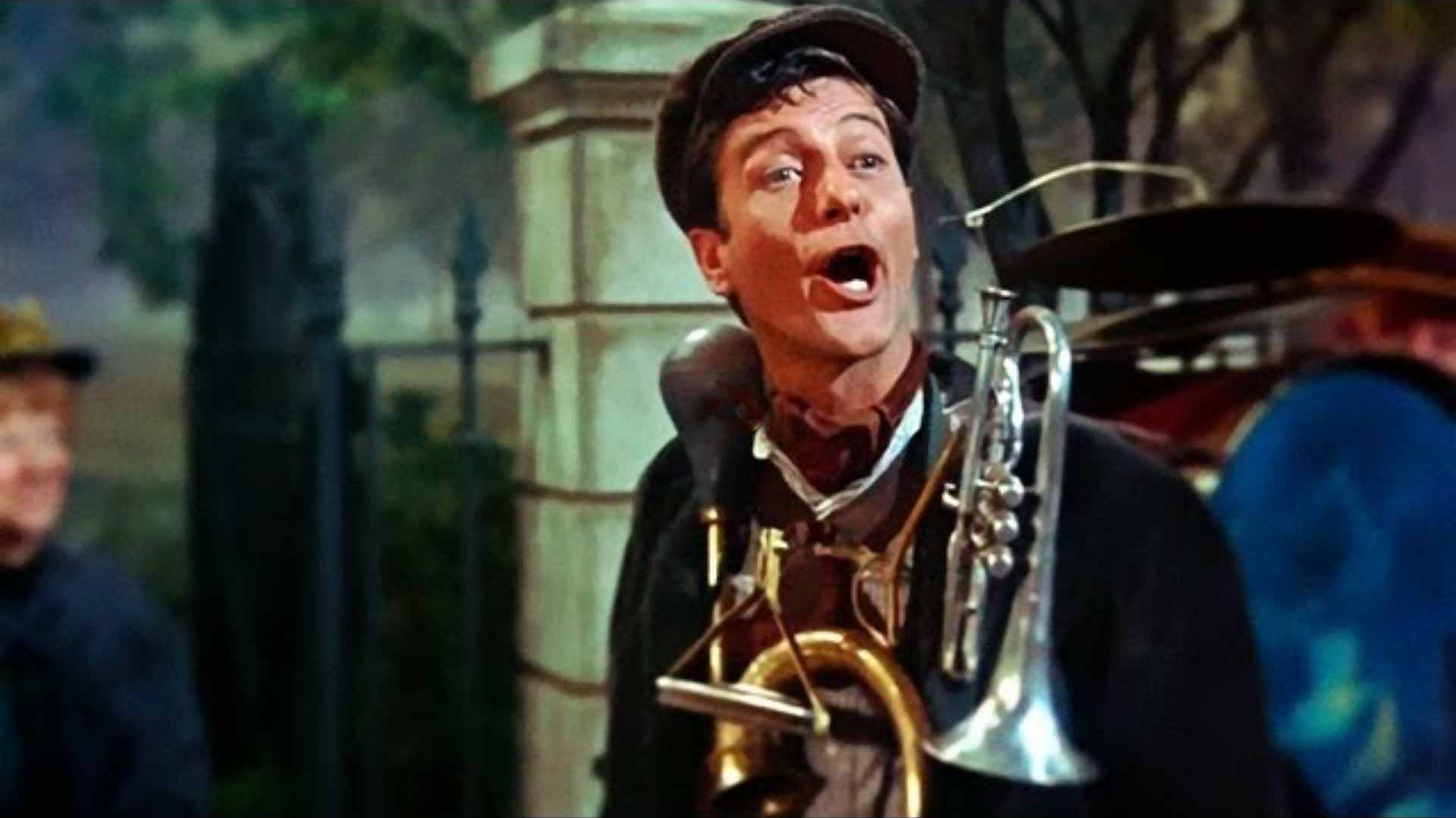Accents are funny things. Have the right kind of accent and people will fall at your feet, begging you to throw vicious insults at them and to dowse them in disdain. With the right kind of accent, it seems, any words can sound good and when people latch on to your voice, there’s no stopping their incessant need for more. The wrong kinds of accents, however, are a thing entirely different. As soon as words tumble out of your mouth, you have been judged, categorically placed in a context in which you should not be, labelled stupid, pompous, or sinister. The way in which we talk to one another, the ways in which we intone our words affect our relationships with the people around us to a greater extent than the actual things that we say. Whilst each of us insists that we don’t have an accent, we musn’t deny the fact that, in any other place than our own, we are different.
We all have our favourite accents, the tones and musicality of which we try to reflect in our speech, hoping that no one from that country will ever meet us and, inevitably, judge us. Our personal vocal preferences and strange habits are essentially meaningless; they matter to us alone and are rarely perceptible to those around us. What, however, of those who have to fool us with their voices? What of the accent nomads, the people who migrate from accent to accent for their job, forcing their vocal chords around ever stranger intonations and speech patterns? Actors have a hard schtick. Moving from role to role, they have to inherit the entire persona of an onslaught of conflicting characters, convincing their cynical audience each time that they are a different person. And when they get it right, they really get it right.
When they get it wrong, however, things can go a little off-balance. Watching with gritted teeth, we try desperately to focus on anything other than the accent. Try as we might, however, we fail in droves. When it comes to accents, it seems that we are obsessed and when an actor gets it wrong, they can never, ever live it down.
Al Pacino in Scarface
Proof that even the good guys aren’t immune to a little bad accent-ing. Al Pacino is a lovable rogue, fitting the suave gangster type better than your comfiest pair of slippers. And yet, his attempt at a Cuban accent in Scarface leaves a bad mark beside his name. Even when uttering those famous last lines, I still couldn’t take Al seriously as a boy-done-good-then-made-bad Cuban gangster. Still, at least we have the Godfather trilogy to warm us at night. Cosy.
Russell Crowe in Robin Hood
Is it a bird? Is it a plane? No, it’s Russell Crowe’s Nottinghamshire accent slapping you in the face. Ouch. Sounding a little bit Yorkshire, a little bit Irish and a whole lot loopy, Crowe’s accent wasn’t the only thing making headline news in the film. During a less than positive interview with the BBC, Crowe stormed out. If only he could have made a witty retort back to the journalist in question. Probably would have hashed the accent.
Anne Hathaway in One Day
Reportedly, the actress watched hours of dreary English soap opera Emmerdale in order to nail the dulcet tones of the Yorkshire accent. Anne, you needed have bothered. Hathaway’s attempt at the Northern accent is completely all over the place and it really makes you wonder, is she punishing the UK for the existence of Emmerdale?
Keanu Reeves in Bram Stoker’s Dracula
Have you ever heard of Trahnsylvahnia? I heard that it’s a place where posh people go to die. Wholeheartedly believing that there’s nothing more to an English accent than speaking slowly and pronouncing your Ts, Keanu Reeves makes a bit of a dog’s dinner of the whole accent thing in Dracula. I only wish the vampire would get there sooner and shut him up. Perhaps he could have taught Reeves a thing or two about elocution.
Dick van Dyke in Mary Poppins
When I was a child, van Dyke’s cockney accent was the first that I had ever heard. Imagine my disbelief, then, when one day I was slapped in the face with the real thing. Insisting that the genuine cockney accent was that of an imposter, it took me years to get over the trauma of van Dyke’s effort. Considered unofficially as the worst accent ever to grace our cinema screens, van Dyke was perhaps the originator of the bad accent curse. His lovable depiction of the scruffy Bert, however, is proof that even the worst of accents can be overlooked.
Gerard Butler in …..everything.
Gerard Butler is a strange phenomenon. I can’t decide whether he is a genius actor pulling our legs or if he really is trying to make his mark in cinema. If there’s anything that we can learn from Butler, however, is that a leopard can never change its spots. Across all of his films, in each diverse role, Butler professes his script in the same, Scottish tones. In the American-accented role for Olympus Has Fallen? Scottish. In the soft tones of the Irish PS. I Love You? Scottish. In the clipped, sung role of Phantom of the Opera? Scottish man singing. Gerard is so overwhelmingly Scottish that, were he to play a Scottish man on screen, I think that some parallel universe would implode. And yet, we love him for it. If we can learn anything at all from Gerard Butler, it’s that the accent doesn’t make the man. Despite his obvious preference for his native Gaelic intonation, we still continue to accept him in a variety of internationally accented roles.
You keep being you, Gerard.

